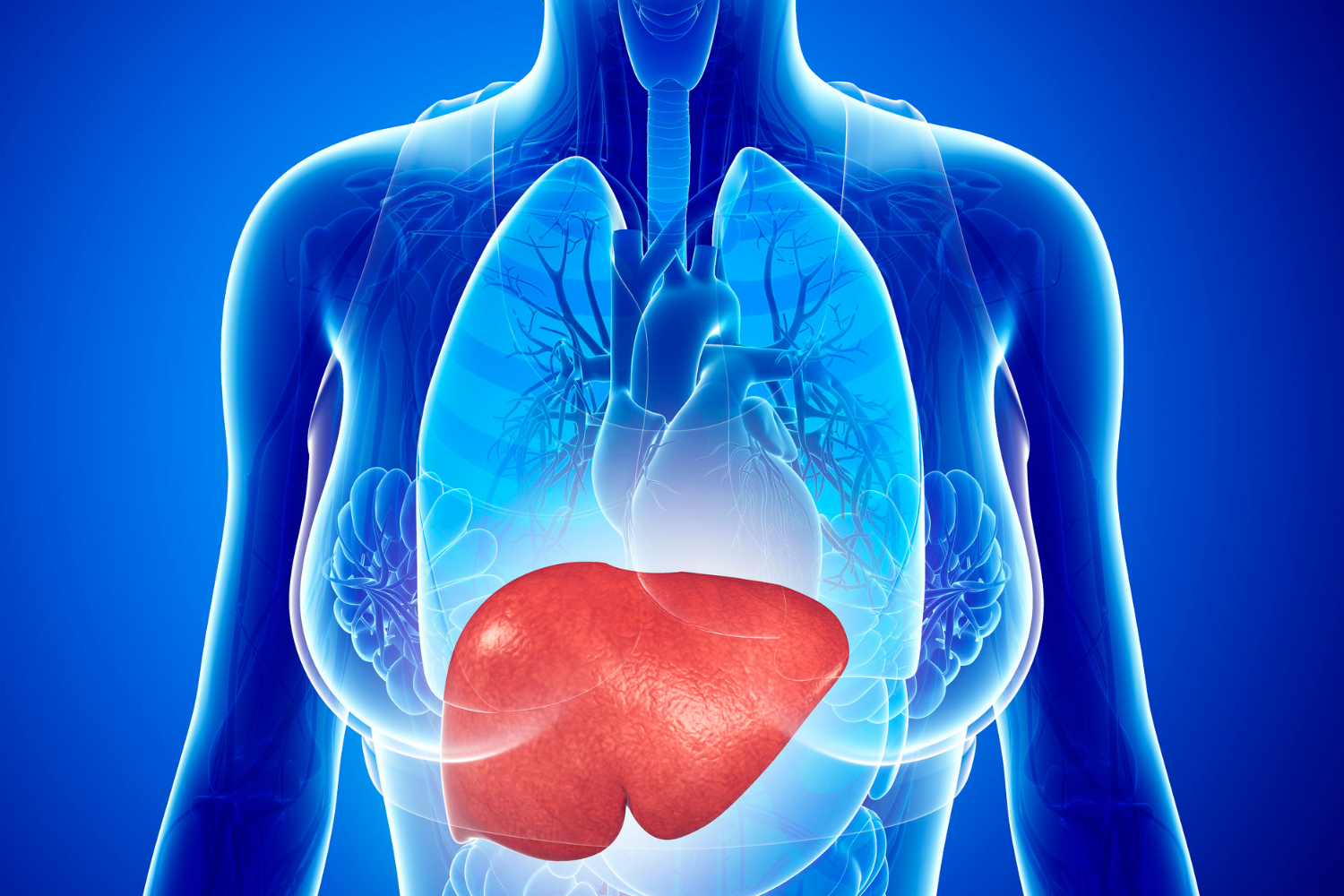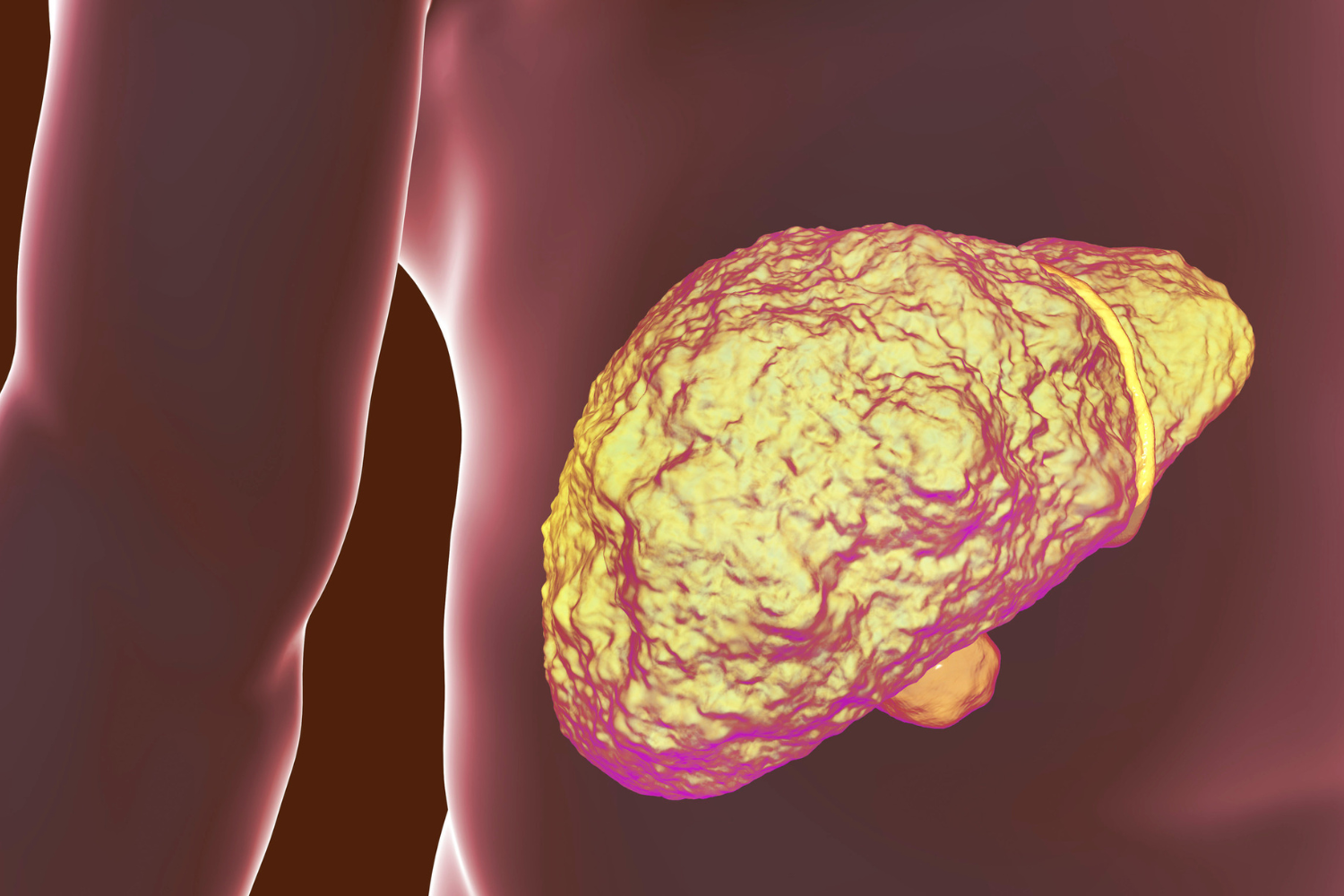Some alcoholic beverages, like red wine or light beer, are sometimes promoted as good for liver health, but research shows that no alcohol “unclogs” the liver. In reality, alcohol consumption, whether in small amounts or large quantities, can stress liver cells, slow liver function, and affect normal liver metabolism over time.
While moderate alcohol consumption may have potential benefits for overall health in certain cases, drinking can impair liver health and normal function. This article looks at how different types of alcoholic drinks affect the liver, what the American Liver Foundation and other trusted sources say, and why a healthy lifestyle, nutritious diet, and good portion control, not alcohol, are key to supporting liver processes.
What People Mean by “Unclogging” the Liver and Why It’s a Myth
When people talk about “unclogging” the liver, they often imagine it works like a drain that can get blocked. In reality, the liver filters blood, metabolizes alcohol, medications, and other substances, and regulates the balance of nutrients and waste.
Liver detoxification is a natural function. Heavy alcohol consumption, poor diet, and other risk factors can overload liver cells, but stopping or reducing alcohol consumption, maintaining a healthy lifestyle, and following a nutritious diet can help reduce strain on the liver and may allow normal functions to improve, especially in early stages. There is no scientific evidence that alcoholic beverages “flush” the liver, supporting normal metabolic clearance comes from giving the liver time and support to heal.

Where the “Liver-Cleansing Alcohol” Myth Comes From
Some claims about alcohol and liver health mix selective science with marketing. These ideas often originate from studies on specific compounds or traditional uses, rather than from the proven benefits of alcohol consumption itself.
Red Wine and Resveratrol
Red wine is often linked to health benefits because it contains resveratrol, an antioxidant studied for potential effects on inflammation and heart health. However, the amount of alcohol and sugar in wine can still harm the liver, and any potential benefits don’t outweigh the risks of liver damage, especially in people with fatty liver or alcoholic hepatitis.

Herbal Liqueurs and Traditional Claims
Certain herbal liqueurs are promoted for digestive or liver support due to plant-based ingredients. While herbs in non-alcoholic form may have studied benefits, adding liquor changes the equation. Alcohol still stresses liver cells and increases the risk for alcoholic fatty liver disease, even in small amounts.
Misleading Marketing
Alcohol brands sometimes promote low alcohol drinks, light beer, or specific forms of wine as healthier options. While fewer calories or lower alcohol content might reduce some health risks, experts from the American Liver Foundation and the National Library of Medicine agree that alcohol related liver disease is still possible, even with moderate drinking.
What Experts Say About Alcohol’s Role in Liver Function
Research from medical organizations shows that no alcohol actively improves liver function. Instead, they focus on reducing alcohol consumption to protect overall health.
Can any alcohol be considered liver-friendly?
Current evidence does not support the idea that any alcoholic beverages improve liver health. While moderate drinking may lower certain heart disease risks, alcohol remains a leading cause of cirrhosis, liver cancer, and alcoholic fatty liver disease. Stopping or cutting back on alcohol is one of the most effective ways to lower liver disease risk.
How alcohol interacts with liver enzymes
When you consume alcohol, the liver uses enzymes to break it down into byproducts that the body can remove. This process can lead to inflammation and oxidative stress, ultimately damaging liver cells over time. The more alcohol you drink, the harder the liver works, especially with large quantities.
Why moderation and frequency matter for liver function
The amount of alcohol and how often you drink affect liver health. Drinking in moderation, combined with regular exercise, a healthy diet, and good portion control, supports healthy fat metabolism in the liver. Heavy alcohol consumption or frequent binge drinking, even with low alcohol drinks, increases the likelihood of long-term liver damage.

Are There Alcohols Believed to Be Gentler on the Liver?
Some drinks are often promoted as “lighter” or “cleaner,” but science shows they still place stress on liver cells. Here’s how the most common claims stack up:
Red wine and resveratrol
-
Contains resveratrol, an antioxidant studied for heart health.
-
Any alcohol content can impact normal liver enzyme balance and overall liver wellness.
-
Benefits linked to resveratrol are better obtained from non-alcoholic foods like grapes or berries.
Clear spirits like vodka
-
Seen as “cleaner” because of fewer additives.
-
Alcohol itself still increases strain on liver function.
-
Large quantities raise the risk of liver damage regardless of purity.
Herbal-infused alcoholic drinks
-
Marketed for wellness because of plant ingredients.
-
Adding alcohol negates potential herbal effects.
-
Even in moderation, these drinks do not protect against liver damage.
How to Support Liver Function Without Relying on Alcohol
Liver health depends on lifestyle habits that reduce strain on liver processes and help minimize strain on liver processes.
Nutrients studied for their role in liver health
Research points to certain vitamins, minerals, and antioxidants that may help support liver function. These are best obtained through a healthy diet rather than from alcoholic beverages.
-
Vitamin E
-
Vitamin C
-
Omega-3 fatty acids
-
Selenium
-
Glutathione
-
B-complex vitamins
How sleep, hydration, and diet impact liver performance
Consistent sleep, regular hydration, and a nutritious diet all help the liver process substances efficiently. Limiting processed foods, sugar, and saturated fat while practicing good portion control is associated with improved liver-related health markers.
The science behind natural detox pathways
The liver, kidneys, and digestive system work together to filter waste and metabolize nutrients. Supporting these systems through healthy lifestyle habits helps them function normally without the need for alcohol or “cleansing” drinks.

When to Be Concerned About Liver Health
Knowing when to check liver health is important, especially if there are symptoms or lifestyle risk factors.
Symptoms that may signal liver stress
Early stages of liver disease can be silent, but some signs may indicate a problem that needs medical attention.
-
Fatigue
-
Stomach discomfort or swelling
-
Yellowing of skin or eyes
-
Nausea or loss of appetite
-
Dark urine or pale stools
Who is most at risk for liver damage
Certain groups face a higher risk for alcohol related liver disease and cirrhosis.
-
Heavy or long-term drinkers
-
People with obesity or high saturated fat intake
-
Those with hepatitis infections
-
Individuals with a family history of liver disease
-
People taking medicines that affect the liver
How to get tested and evaluated properly
If you consume alcohol regularly or have other risk factors, ask your healthcare provider about liver tests. Blood tests, imaging, and, in some cases, a biopsy can help detect issues early, when changes to diet, alcohol consumption, and overall health habits can still make a significant difference.
No, Alcohol Won’t Unclog Your Liver—But These Habits Can Help
There’s no shortcut in a bottle. Alcohol, in any form, does not cleanse or “unclog” the liver. Science is clear that supporting liver health depends on consistent lifestyle choices, including following a healthy diet, managing weight, staying active, and limiting alcohol consumption.
Drinkwel’s Revil contains nutrients studied for their role in supporting healthy liver function and the body’s natural detoxification processes. It can be used alongside a nutritious diet and regular exercise to support overall wellness.
Frequently Asked Questions
Can alcohol support liver function?
No. Alcohol is processed by the liver and adds to its metabolic load.
Why do some people think red wine is good for the liver?
Studies on resveratrol in red wine are often misinterpreted, but the alcohol still poses liver risks.
What is the best alcohol for liver health?
There is no alcohol proven to improve liver health; less or none is safest.
Are herbal alcoholic drinks safer for the liver?
No. The herbs do not cancel out the effects of alcohol on liver cells.
Is there any alcohol that’s easier for the liver to process?
No. All types of alcohol require liver processing and can increase the risk of damage over time.
References
-
American Liver Foundation. (2025). Alcohol-Associated Liver Disease. https://liverfoundation.org/liver-diseases/alcohol-associated-liver-disease/
-
Brien, S. E., Ronksley, P. E., Turner, B. J., Mukamal, K. J., & Ghali, W. A. (2011). Effect of alcohol consumption on biological markers associated with risk of coronary heart disease: systematic review and meta-analysis of interventional studies. BMJ (Clinical research ed.), 342, d636. https://doi.org/10.1136/bmj.d636
-
Li, S., Tan, H. Y., Wang, N., Zhang, Z. J., Lao, L., Wong, C. W., & Feng, Y. (2015). The Role of Oxidative Stress and Antioxidants in Liver Diseases. International journal of molecular sciences, 16(11), 26087–26124. https://doi.org/10.3390/ijms161125942
-
Patel R, Mueller M. Alcohol-Associated Liver Disease. [Updated 2023 Jul 13]. In: StatPearls [Internet]. Treasure Island (FL): StatPearls Publishing; 2025 Jan-. Available from: https://www.ncbi.nlm.nih.gov/books/NBK546632/
-
Rehm, J., & Shield, K. D. (2019). Global Burden of Alcohol Use Disorders and Alcohol Liver Disease. Biomedicines, 7(4), 99. https://doi.org/10.3390/biomedicines7040099



